Renewable-polymers – Green-hydrogen 09-04-2022 - Arhive
Renewable-polymers – Green-hydrogen
-SABIC partners with Mattei to incorporate certified renewable polymers globally
SABIC has announced a collaboration with Mattel to incorporate certified renewable polymers from SABIC’s TRUCIRCLE program across Mattel’s products offering, according to Hydrocarbonprocessing.
The first Mattel toy products to enter the market in 2022 using certified renewable SABIC polypropylene (PP) polymers will be from MEGA and Matchbox, with more to follow.
Heading the initiative will be MEGA BLOKS Green Town, the first-ever toy line available at mass retail to be certified carbon neutral. These new construction playsets, including the grow and protect farm and the build and learn eco house, embrace the sustainable material choice and help teach kids green behaviors. From the Matchbox brand, all Action Driver playsets and the Matchbox Recycling Trucks contain SABIC materials, which supports the brand’s “Driving Toward a Better Future” initiative, to make all Matchbox die-cast cars, playsets and packaging with 100% recycled, recyclable or bio-based plastic materials by 2030, in line with Mattel’s corporate goal. Renewable-polymers – Green-hydrogen
“The collaboration with Mattel is an important step in providing our customers with materials that can help lower their carbon footprint across a wide range of consumer markets, and Mattel serves as a pioneer in the toy industry,” said Lada Kurelec, General Manager for PP & E4P Business, SABIC. “Our materials from renewable sources facilitate the change-over from existing fossil-based applications without compromise on purity and quality. We are happy to establish such a good cooperation with Mattel and create value with more sustainable material choices through our TRUCIRCLE portfolio.”
Mattel is the first company in the toys market to work with SABIC in a mass balance approach designed to return second-generation renewable feedstock into high-quality new plastic applications. Renewable-polymers – Green-hydrogen
The partnership directly supports Mattel’s goal to achieve 100% recycled, recyclable or bio-based plastic materials in its products and packaging by 2030, and is an important step forward in their transition towards a circular economy.
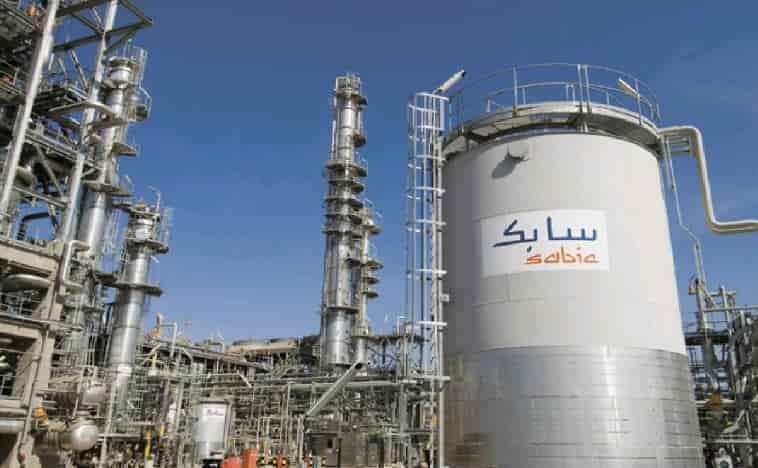
-Mitsubishi confirms purchase order for 40 HydrogenPro electrolyser systems
Norwegian hydrogen-plant manufacturer HydrogenPro AS said Monday that its previously announced purchase contract for an initial 40 electrolyser systems from Mitsubishi Power Americas, Inc, said the company.
has been converted into a firm purchase order worth more than USD50 million. The engineering, procurement and construction and other system deliverables for a turn-key electrolyser green hydrogen production plant will be supplied by other companies, it said. Renewable-polymers – Green-hydrogen
A nonrefundable commitment was made by Mitsubishi Power in February, enabling HydrogenPro to prepare for production, it said.
“This is one of the largest electrolyser system contracts ever, and it illustrates the accelerating green energy transition currently taking place in the United States,” HydrogenPro Chief Executive Elling Nygaard said.
As MRC reported earlier, in February 2022, MCC and its subsidiary, Mitsubishi Chemical Methacrylates (MCM announced plans to design and build a pilot plant to further validate the technology. Three possible pathways to creating sustainable MMA, including the molecular recycling of acrylic resin; substituting conventional materials with drop-in plant-derived raw materials in the existing MMA monomer manufacturing process; and the direct production of MMA monomers from plant-derived raw materials by fermentation were explored. The promising results using the drop-in route have now led to the decision to commence with the design process for a new pilot plant using this technology.
Ethylene and propylene are the main feedstocks for the production of polyethylene (PE) and polypropylene (PP), respectively. Renewable-polymers – Green-hydrogen
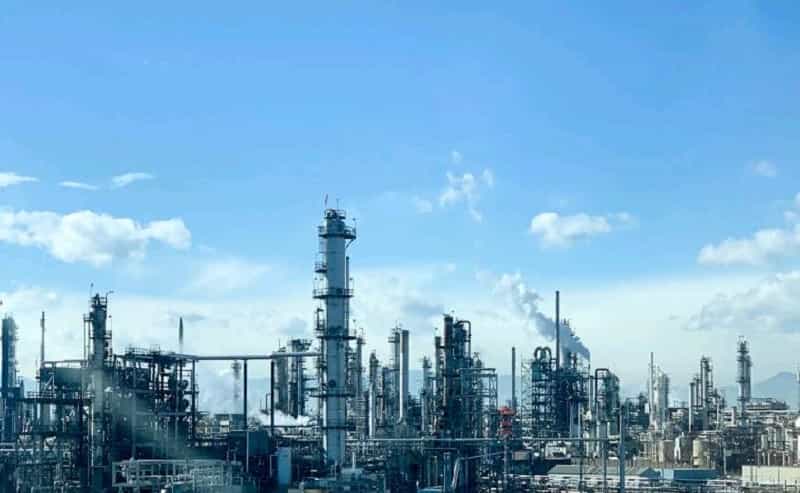
-Amcor Announces Recycle-Ready Packaging for Coffee and Cheese
Amcor, a global leader in developing and producing a diverse offering of responsible packaging solutions, today announced two new applications for its innovative AmPrima® recycle-ready solutions launching in Europe.
The PE (polyethylene) recycle-ready portfolio is being expanded for coffee and dairy products, to offer brands a more sustainable packaging choice without compromise on performance. Renewable-polymers – Green-hydrogen
Today, brands are looking for more sustainable packaging thanks to increased media attention, corporate commitments, and consumers’ environmental concerns. Amcor AmPrima® recycle ready solutions provide options for brands who need packaging that still offers the barrier, material stiffness, seal strength, graphics performance and fast run speeds of traditional unrecyclable packaging.
New from April 2022 are AmPrima® PE PLUS solutions targeting more demanding applications in terms of product protection, packaging convenience and runnability on packaging lines.
AmPrima® PE PLUS for roast and ground coffee will launch first in Europe. Suited for all typical coffee pack formats and sizes, it is available with both lock/seal and peel options to protect freshness and aroma. The PE-based packaging is treated for thermal stability, allows easy transition on existing filling machines, and has an innovative barrier coating for product protection. AmPrima® PE PLUS for coffee also offers unbeatable attractiveness, with brighter colours and various matte or tactile finishes for high shelf appeal. According to Amcor’s analysis, recycle-ready AmPrima® PE PLUS has the potential to replace over 200 current non-recyclable coffee packaging specifications. Renewable-polymers – Green-hydrogen
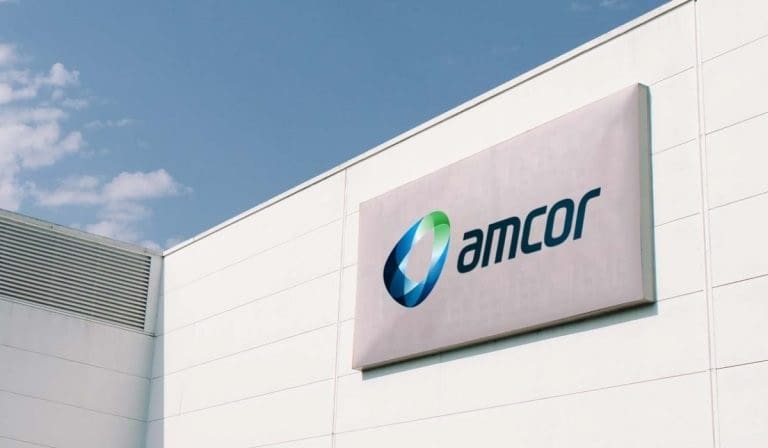
-Green hydrogen from ceramic technology: the reversible challenge of Resoh +
A system has been devised that could accelerate the transition and decarbonization of the production system. The push of the NRP to develop the hydrogen supply chain in Italy Renewable-polymers – Green-hydrogen
The energy sector is experiencing a phase of profound transformation. The transition to the production of green and sustainable energy involves companies and supply chains in the sector that are trying to respond to the pressures coming from politics and public opinion. Among the renewable energies protagonists of the green revolution, hydrogen represents the future on which many companies and startups are concentrating their resources to study a system to make it increasingly accessible and convenient.
The startup Resoh +, trying to adapt the technology of the ceramic sector to the field of solid oxide fuel cells, for example, has designed and conceived a system that aims to produce reversible ceramic batteries capable of generating energy from hydrogen and hydrogen from water. A solution that could speed up the transition, taking the use of renewable energy to a new level.
This system developed by a team of international engineers, geologists and researchers born in Sassuolo, the heart of the ceramic district, could represent a solution capable of reducing production costs and implementing the electrochemical performance of hydrogen batteries. . In essence, the transition to renewable energies could take place at a much lower cost than that currently calculated to replace old polluting technologies Renewable-polymers – Green-hydrogen
Solutions of this type represent a great opportunity and would give an important boost to companies that want to invest in clean energy. The Italian government, through the PNRR, has decided to focus on hydrogen as a renewable energy source, setting itself both long-term goals and shorter-term deadlines related to hydrogen research
The ability to reduce costs related to energy consumption through investments in efficiency and accelerate decarbonisation is the main objective of companies and of the entire production chain. The transition is also a development opportunity for the entire sector.
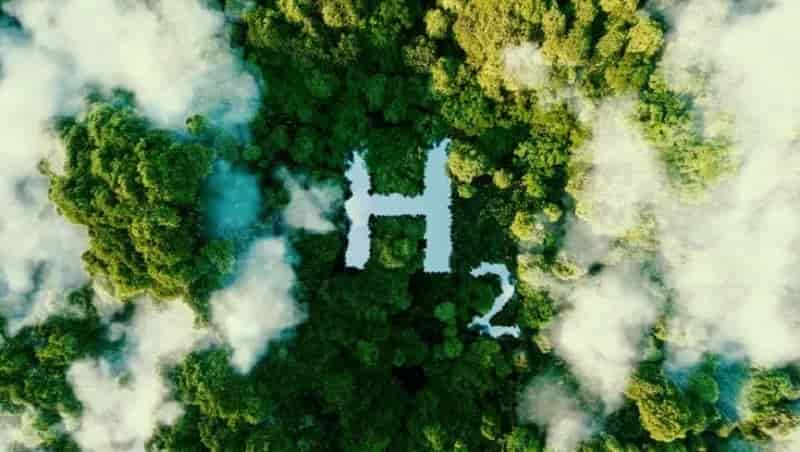
-Environmentally friendly packaging by Alpla
Adopted the principles Design for Recycling in line with the objectives of the UN agenda Renewable-polymers – Green-hydrogen
Alpla, a company engaged in the production of plastic packaging, in order to concretely contribute to the objectives of the UN agenda for sustainable development with increasingly sustainable and innovative solutions, has adhered to the principles of Design for Recyclying, an area in which good design practices play a role of primary importance in guaranteeing the recyclability of packaging from a circular economy perspective.
The fundamental purpose of recycling is to give a second life to products, in the form of objects or new packaging. For this to be possible, the packaging must be designed in such a way as to be suitable for the purpose. It thus becomes necessary first of all the careful study in the design phase of the packages, in order to guarantee the effective possibility of recycling the packaging and therefore favor its reuse in a circular perspective. Hence the importance of the concept of Design for Recyclying.
Recycling generates value, stimulating the economy and preventing the abandonment of waste into the environment. By managing plastic materials within a closed circuit, it is possible to achieve great results in terms of sustainability. In the case of recycled Pet (or rPet or material that derives from the recycling of post-consumer plastic bottles), for example, it is possible to reduce greenhouse gas emissions by up to 90% compared to processes that use virgin Pet.
There are many examples that the company is carrying out on the Design for recycling front, such as the one involving Susanne Kaufmann, who created Simple One, a new refill solution in HDPE (High Density Polyethylene), which aims to extend the life of glass bottles and support the brand’s commitment to conscious and therefore more sustainable consumption. Additionally, only a minimal amount of ink is used, making the goal of full bottle-to-bottle recovery feasible after use.
Under the “green to green” slogan, in collaboration with Alpla, the mineral water company Donat has completely replaced the PET and glass packaging with 100% rPet green bottles, achieving a reduction in carbon emissions up to to 90%. The decision also translates into annual savings of approximately 1.5 million liters of drinking water, approximately 98,000 kWh of electricity and 12,000 kg of detergent. Based on an intense research and development of the packaging, Nivea, in collaboration with Alpla, has created a new bottle and a new cap for the body cream of the Naturally Good line. In fact, the cap and bottle have been designed to use 50% less plastic than traditional packaging. Renewable-polymers – Green-hydrogen
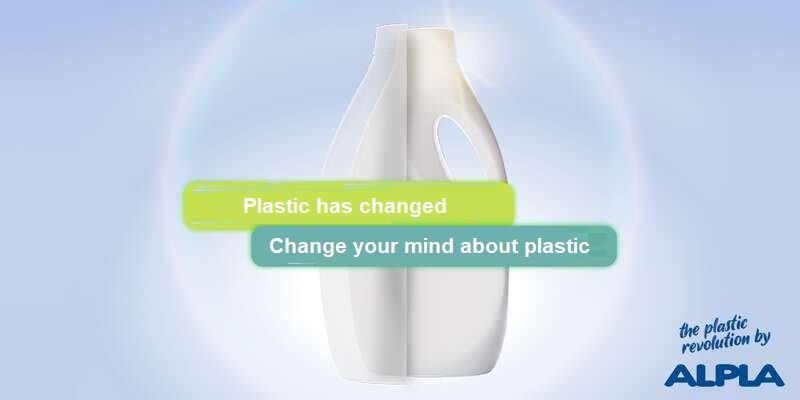
-TAIF-NK stops production due to SIBUR’s refusal to accept naphtha
The oil refining complex of TAIF-NK PSC (Tatarstan, controlled by the founders of TAIF Group) suspends the operation of technological installations due to the lack of sales of finished products and overstocking of tank farms, Interfax reports.
Earlier this week, SIBUR-owned Nizhnekamskneftekhim (Nizhnekamskneftekhim) notified TAIF-NK of the gradual cessation of the reception of straight-run gasoline (naphtha) from the oil complex from April 4. Renewable-polymers – Green-hydrogen
In total, the refinery supplies petrochemists with about 1.3 million tons of straight-run gasoline annually with a total refining volume of about 8 million tons of oil. However, naphtha is the result of the first redistribution, without which subsequent ones are impossible, so you have to stop all installations at once.
Nizhnekamskneftekhim itself is under the threat of a partial shutdown of production due to sanctions. Since the end of February, the company has been operating under unprecedented trade and logistical constraints. This has already led to an actual decline in exports to the European market, where a significant part of Nizhnekamskneftekhim’s products was sold, including the forced suspension of contracts with individual consumers. The continued accumulation of residues of raw materials and finished products in warehouses creates a high risk of at least partial unloading of production.
So, on April 6, counterparties received letters from TAIF-NK with a request to agree on the possibility of postponing the shipment date for all unloaded transactions until May 15, 2022. Renewable-polymers – Green-hydrogen

Renewable-polymers – Green-hydrogen
